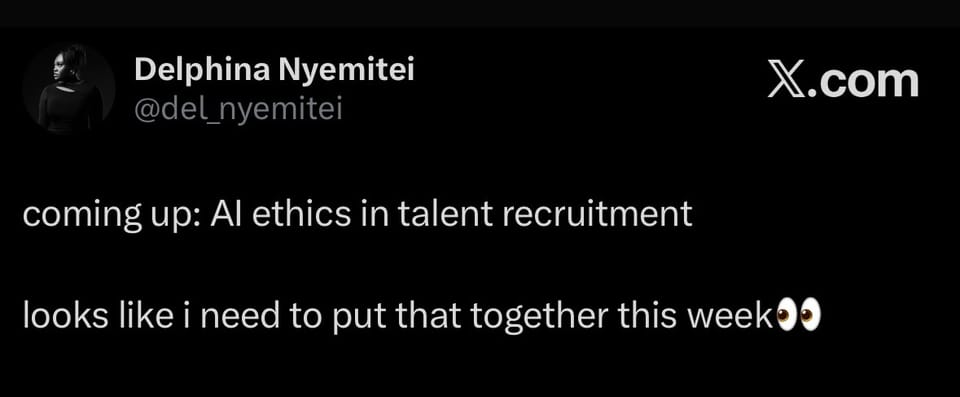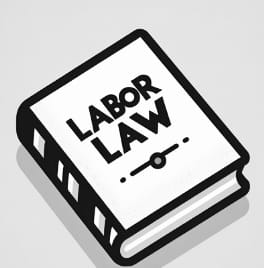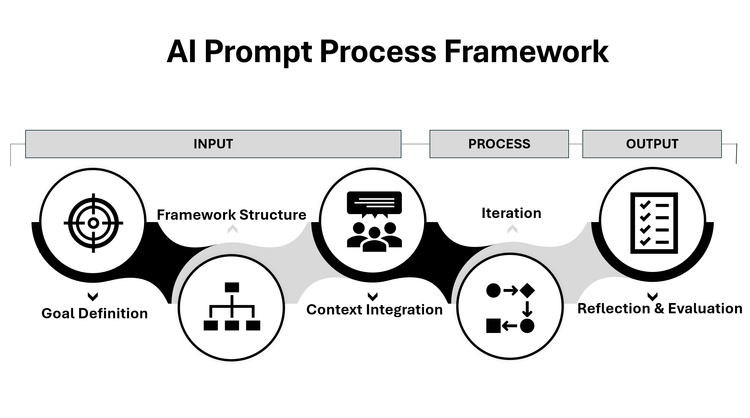Working Smarter Is Not Cheating: The Ethics of AI in Job Applications

I recently came across a LinkedIn post that labeled candidates who use AI to craft their CVs or cover letters as “cheating.” I couldn’t help but gesture a facepalm. How did we get here? How is working smarter suddenly unethical? How is efficiency a moral failure?
We’ve somehow built a narrative that leveraging AI in job applications dilutes authenticity or effort. But the essence of recruitment has always been simple: organizations post roles to find someone who either has the skills and experience listed, or someone who can establish parallels between what they’ve done and what’s required. That’s not deception -that’s intelligent positioning.
The Case of Nhyira
Take Nhyira, for instance. She was hired as a Talent Manager responsible for crafting job requisitions across various departments. Her daily task was straightforward - she’d copy content from Word document templates, customize them, and publish the roles for candidates to apply. A few years into her role, the company adopted a new recruitment interface. It no longer accepted plain text uploads; the new system required HTML formatting to make job postings more visually appealing and user-friendly for candidates. Now, HTML wasn’t in Nhyira’s original job description. By traditional reasoning, this would have been a perfect reason to hire someone else with technical or web skills. But like many organizations today, her company was running lean - focused on efficiency, agility, and maximizing every role.
There was little appetite (or budget) to hire someone for every new skill gap. Instead, employees were expected to stretch beyond their original job descriptions - to do more than “just one thing.” So, Nhyira adapted. She learned the basics of HTML and integrated it into her workflow. She didn’t apply for the role to code, but when the mechanism of her work evolved, she evolved too.
That’s not cheating, that’s growth, agility, and value creation.
Translating Adaptability into Opportunity
Now imagine Nhyira is ready to move on to her next opportunity. On paper, her title reads Talent Manager. But under that umbrella, she’s also someone who learned to work with HTML to improve recruitment interfaces - someone who understands not just people operations, but also the digital mechanisms that enhance candidate experience. That’s versatility - and in today’s lean, fast-paced business landscape, it’s gold.
This is where AI becomes her strategic ally. With the right tools, she can:
• Analyze a job description and surface the overlaps between her talent management background and her technical adaptability.
• Generate language that communicates how she bridges both people and process efficiency.
• Craft a narrative that positions her as a multi-dimensional professional - not just a recruiter, but a talent enabler with digital fluency. AI can help her put her best foot forward by providing specificity via her CV.
AI doesn’t fabricate these experiences; it helps her frame them effectively. It becomes the mechanism through which she articulates her versatility - clearly, confidently, and contextually.
AI as a Mirror of Competence
The ability to prompt AI effectively is fast becoming a new professional skill. Crafting a strong, tailored prompt that yields a refined job application requires clarity of thought, role understanding, and strategic communication - all valuable competencies in their own right. If a candidate can use AI to present their authentic experience with precision, that’s not manipulation. That’s mastery of both self-awareness and modern tools.
For Recruiters Too
Interestingly, recruiters themselves use AI daily - to screen CVs, summarize profiles, and predict candidate fit. Are they “cheating”? Of course not. They’re optimizing their process and making data-informed decisions faster.
So, why should candidates be judged differently for doing the same?
The Real Ethical Line
The ethical debate around AI in recruitment isn’t about if we should use it - it’s about how we use it. Misrepresentation is unethical, whether done manually or through automation. But using AI to express your true capabilities more clearly? That’s not deception; that’s efficiency.
AI is here to stay. The professionals and organizations who embrace it ethically - using it to communicate, adapt, and operate smarter - will lead the next chapter of work.
In Short
Efficiency is not unethical. Working smarter is not cheating. And for companies running lean, candidates who can show - and articulate - their versatility through AI are not cutting corners; they’re embodying exactly what modern businesses need: people who can do more than one thing, and do it well.





Member discussion